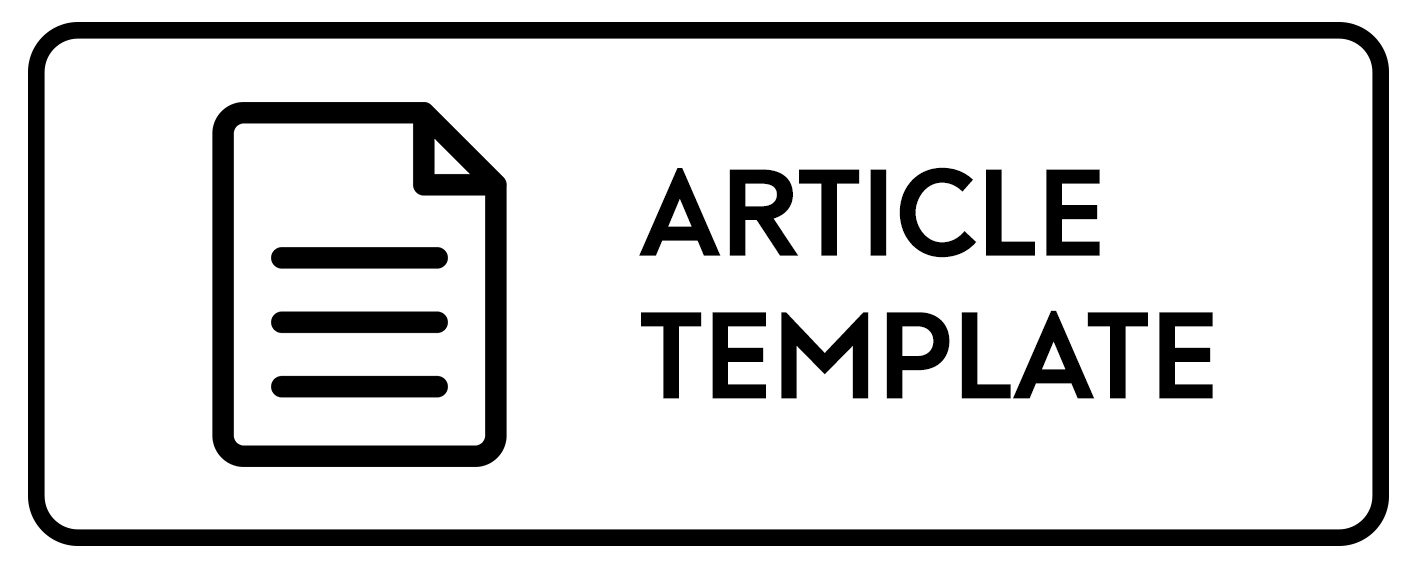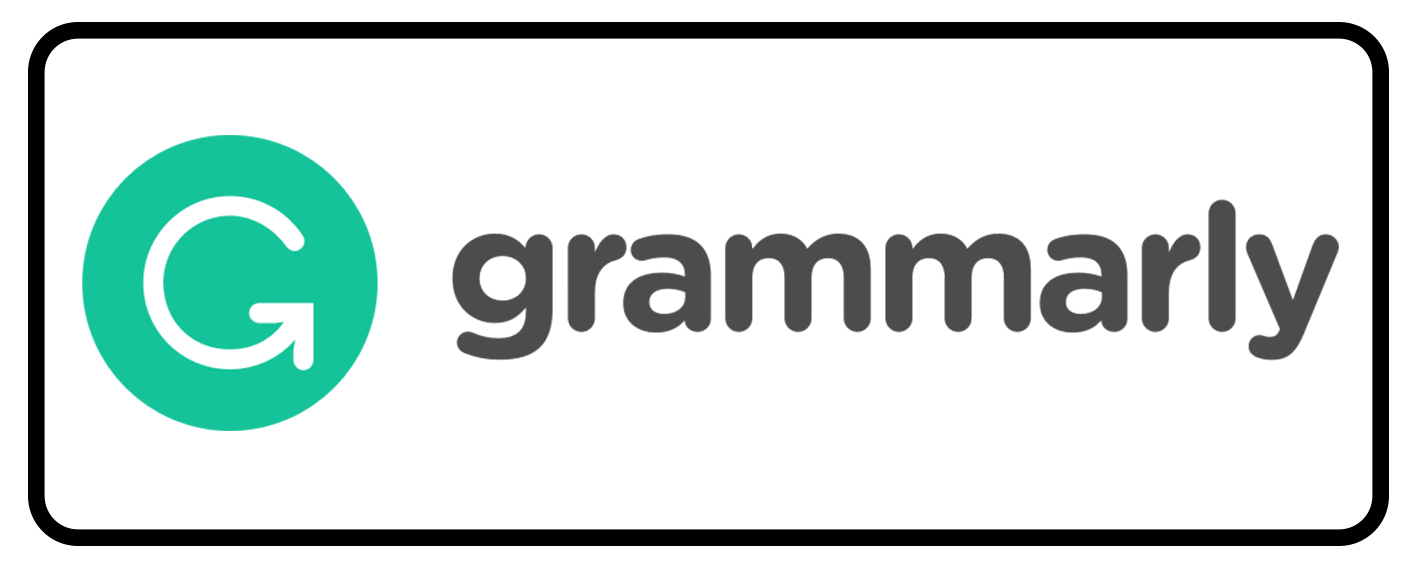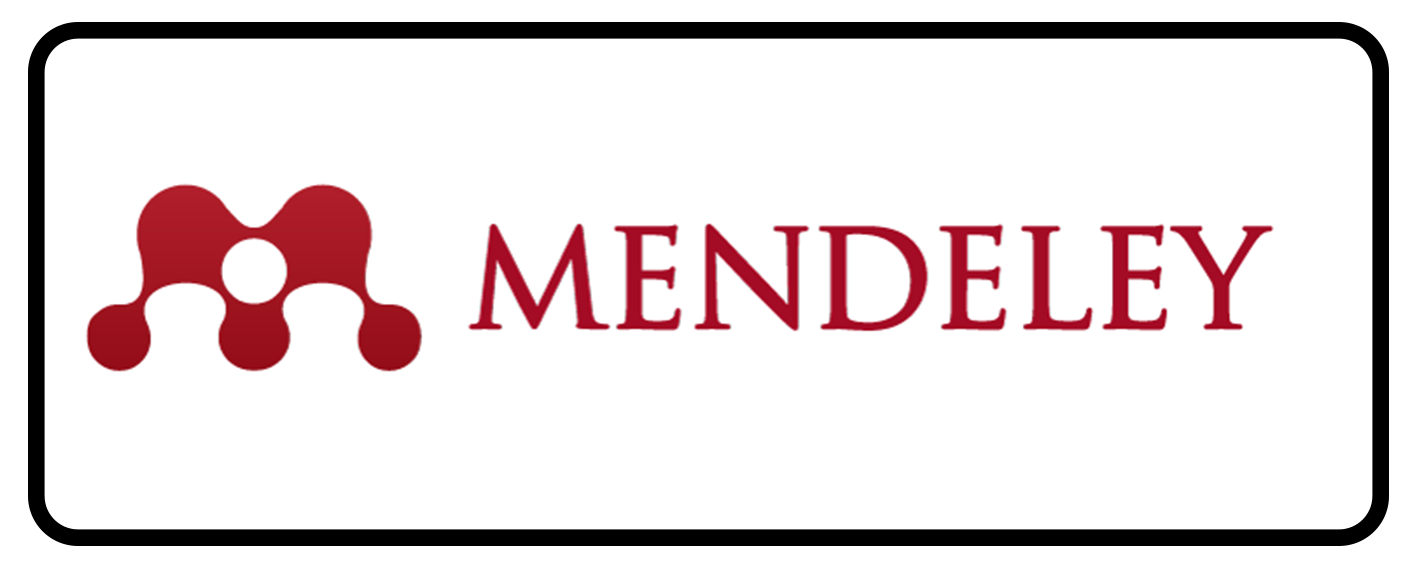Online Submissions
Already have a Username/Password for CaLLs (Journal of Culture, Arts, Literature, and Linguistics)?
Go to Login
Need a Username/Password?
Go to Registration
Registration and login are required to submit items online and to check the status of current submissions.
Copyright Notice
Every works in CaLLs is licensed under a Creative Commons Attribution-ShareAlike 4.0 International License.
Authors who publish with this journal agree to the following terms:
- Authors retain copyright and grant the journal right of first publication with the work simultaneously licensed under a Creative Commons Attribution License that allows others to share the work with an acknowledgment of the work's authorship and initial publication in this journal.
- Authors are able to enter into separate, additional contractual arrangements for the non-exclusive distribution of the journal's published version of the work (e.g., post it to an institutional repository or publish it in a book), with an acknowledgment of its initial publication in this journal.
- Authors are permitted and encouraged to post their work online (e.g., in institutional repositories or on their website) prior to and during the submission process, as it can lead to productive exchanges, as well as earlier and greater citation of published work (See The Effect of Open Access).
Privacy Statement
Privacy Statement
The names and email addresses entered in this journal site will be used exclusively for the stated purposes of this journal. They will not be made available for any other purpose or to any other party.
Data Privacy Policy
The data collected from registered and non-registered users of this journal falls within the scope of the standard functioning of peer-reviewed journals. It includes information that makes communication possible for the editorial process; it is used to inform readers about the authorship and editing of content; it enables collecting aggregated data on readership behaviors and tracking geopolitical and social elements of scholarly communication.
This journal’s editorial team uses this data to guide its work in publishing and improving this journal. Data that will assist in developing this publishing platform may be shared with its developer Public Knowledge Project in an anonymized and aggregated form, with appropriate exceptions such as article metrics. This journal or PKP will not sell the data, nor will it be used for purposes other than those stated here. The authors published in this journal are responsible for the human subject data that figures in the research reported here.
Cookies
To make this site work properly, we sometimes place small data files called cookies on your device. Most websites do this too.
What are cookies?
A cookie is a small text file that a website saves on your computer or mobile device when you visit the site. It enables the website to remember your actions and preferences (such as login, language, font size, and other display preferences) over a while, so you don’t have to keep re-entering them whenever you return to the site or browse from one page to another.
How do we use cookies?
UTS ePress uses cookies to manage user sessions for which they are required. Cookies aren't required to visit the site and read the content.
Enabling these cookies is not strictly necessary for the website to work, but it will provide you with a better browsing experience. You can delete or block these cookies, but if you do that, some features of this site may not work as intended.
This information is not used to identify you personally, and the data stored is entirely under our control. These cookies are not used for any purpose other than those described here.
How to control cookies
You can control and delete cookies as you wish – for details, see aboutcookies.org. You can delete all cookies that are already on your computer, and you can set most browsers to prevent them from being placed. However, if you do this, you may have to adjust some preferences every time you visit a site manually, and some services and functionalities may not work.
















